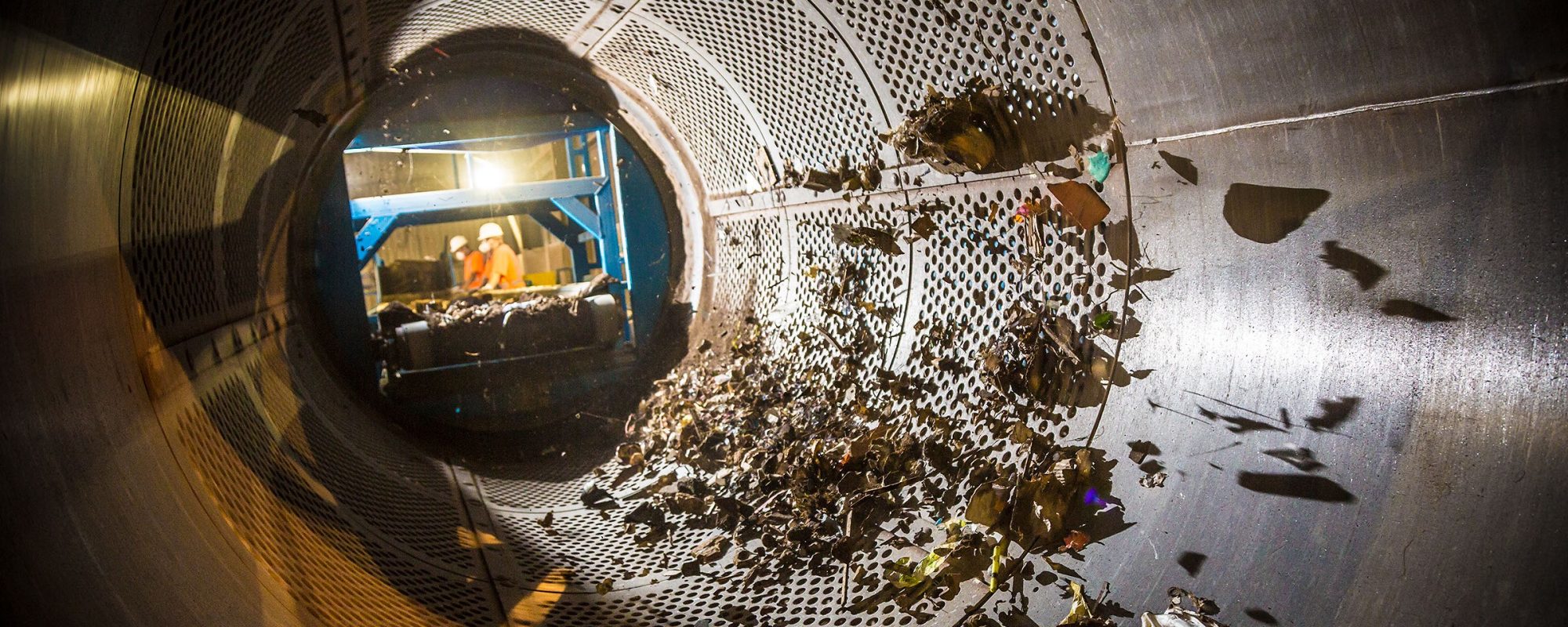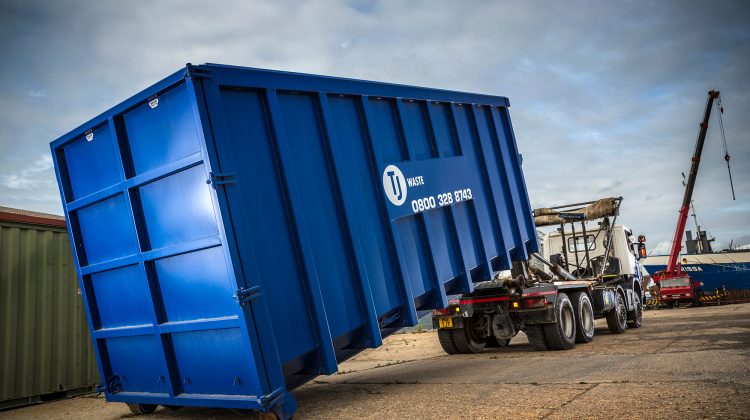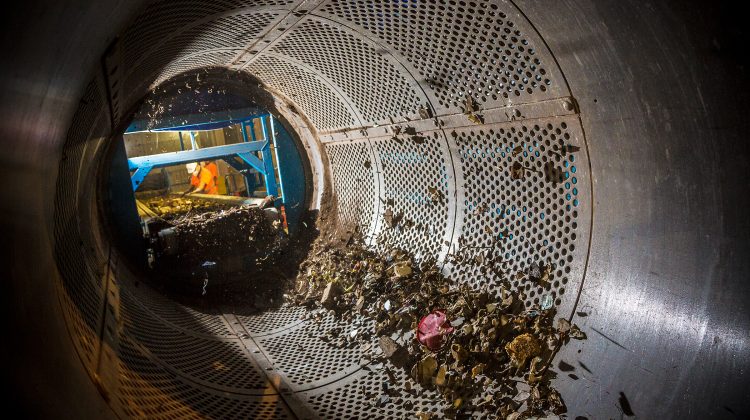The UK is the ninth largest manufacturing nation in the world, with the total value of UK manufacturers’ product sales totalling £396.6 billion in 2019. Manufacturing equates to 11% of the UK’s GVA and employs 2.7 million people.

Although waste may not be something we want to spend a great deal of time thinking about, in order to ensure that it ends up in the right place – i.e. not in landfill – we all need to give it some consideration.
At TJ, we deal with waste responsibly – whether it’s a domestic skip load, a few grab loads from a construction site or a company’s entire waste stream via our commercial waste management service, we give each and every load our full consideration.
The type of waste that is being disposed of will determine where it goes, so it’s great for everyone to have an awareness of the different types in order to understand how to best handle it.
At TJ, we’re passionate about diverting waste from landfill, in fact we endeavour to recycle or reuse up to 100% of the waste we handle. We do this by utilising our network of partners – both in and outside of Hampshire – to ensure all waste is directed down the most appropriate route for its type.
These partners range from different types of recycling facilities, to specialist disposal companies for tricky items such as mattresses and hard plastics, and those specialising in Energy from Waste.
We have four state-of-the-art Materials Recovery Facilities dotted along the south coast in Southampton, Portsmouth and Yapton, which is where all the waste we remove is taken to for sorting and segregating. Our fully trained staff are skilled in processing the waste efficiently and in 2022 alone, we processed over 115,500 tonnes of waste!
General waste
General waste is the type of waste that you generate within your household or workplace that cannot be recycled. This is usually food waste, non-recyclable packaging and items such as tissues and wipes.
Standard recyclables
What you’re able to recycle varies by region depending on what recycling facilities are available in your area. But in general, items that are considered to be standard recyclables include: paper, cardboard, plastic bottles (drinks bottles, detergent bottles), some plastic containers, aluminum and steel cans, aluminum foil and empty aerosol cans.
You can also take additional items such as glass, textiles, batteries and ink cartridges to designated recycling centres. What’s more, Tesco now offers a scheme which allows customers to bring their soft plastic packaging to selected large stores, which they will then recycle. The supermarket chain expects to collect more than 1000 tonnes of plastic per year, which is sent for recycling where it is washed and sorted, with as much of the material as possible being recycled into new products and packaging.
Confidential
Confidential waste refers to the disposal of documents that contain private information about individuals, employees, customers and suppliers. Ensuring this is disposed of correctly by a reputable waste management company is paramount to avoid repercussions such as fraud, blackmail or identity theft. Authorities can give out fines to businesses that aren’t disposing of confidential waste through the appropriate means. It can also damage a company’s reputation with future clients and employees if these documents and information are leaked.
WEEE
All Waste Electrical and Electronic Equipment (WEEE) contains chemicals that are harmful to the environment. When WEEE is dumped in landfills, it decays over time and leaks toxins into the earth and our waste systems. It should be disposed of correctly to ensure treatment, recycling and recovery of the elements that make up the equipment. We offer a collection service that will ensure your WEEE waste goes to the correct place.
Asbestos
Exposure to asbestos is highly toxic and dangerous and can cause an aggressive cancer called mesothelioma, as well as other serious health conditions, so the handling of asbestos waste should only be undertaken by qualified companies who hold the correct permits and equipment to do so safely.
Although asbestos is now banned in more than 55 countries around the world including the UK, Japan, Australia and all the countries in the European Union, it was used in all types of construction extensively from the 1950s through to the mid-1980s and can also be found in buildings built before the year 2000.
TJ is licensed to carry hazardous materials including asbestos; we can provide secure skips and eurobins to your site for you to deposit asbestos into (we cannot directly remove or handle it). We will then arrange to collect the full skip or bin from your site and transport it to a third party’s premises, where it will be safely disposed of and any parts that can be recycled will be.
Offensive waste
Offensive waste such as nappies, Covid waste and other medical items must be handled sensitively to prevent cross-contamination. We facilitate safe collection of these items using the appropriate equipment and full PPE, with this type of waste being directed down the most appropriate and suitable route for its type.
Hazardous liquids
Liquids such as paint, oil and chemicals must be disposed of correctly; they cannot go in your household bin or into a skip as they have to be treated and processed properly for safety reasons. We can manage the collection of your hazardous liquid waste; we work with a partner organisation to dispose of these responsibly.
Plasterboard
Plasterboard contains gypsum, a soft sulfate mineral composed of calcium sulfate dihydrate, so if plasterboard is disposed alongside biodegradable wastes it can lead to the production of odorous and toxic hydrogen sulphide gas. The current plasterboard waste management regulations state that plasterboard has to be disposed of separately to prevent this.
We can supply you with a plasterboard-only skip. This will allow you to dispose of your plasterboard safely as it will not be mixed with any other waste. We will recycle plasterboard wherever possible. The gypsum can be removed to enable the remaining parts to be separated and recycled back into raw materials for reuse.
Inert soil
Soil that is dug out during landscaping, groundworks or construction works may be excess to requirements for that project, but it can be used for other purposes such as infill and land restoration. If you have excess soil to dispose of, please get in touch so that we can ensure it is put to good use.
Contaminated soil
Contaminated soil, whether hazardous or non-hazardous, needs to be correctly treated before onward disposal can take place. We work in partnership with specialist companies to provide an all-round service to our customers who have large volumes of contaminated soil. We can help our clients to identify the type of soil they have to dispose of, then, utilising our fleet of modern tipper lorries, we’ll transport it to the treatment facility for processing and once complete, we move it on for final disposal.
Rubble
Rubble should be disposed of separately from other waste as it can be utilised in the production of recycled aggregates. It can be disposed of via HWRCs, skips, grabs or tipping. We offer a free tipping service at our Butser Quarry, near Petersfield, whereby those in the construction and building industries can tip unwanted hardcore and asphalt as often as needed, free of charge! We’re open 8am-5pm Mon-Fri and you must hold a waste carrier’s licence. This hardcore will be used to make our own recycled aggregate, iBlend, a Type 1 sub base.
Green waste
This encompasses all types of garden waste from grass clippings, leaves and weeds to prunings, hedge cuttings and tree branches. This type of waste is ideal for grab hire as they are ideally suited to dealing with large volumes of such waste.
Explore our range of waste disposal services today! From skip and grab hire, to commercial waste management and third party tipping, we can take care of it all and more!

The UK is the ninth largest manufacturing nation in the world, with the total value of UK manufacturers’ product sales totalling £396.6 billion in 2019. Manufacturing equates to 11% of the UK’s GVA and employs 2.7 million people.

With the UK’s population continuing to grow, the waste industry is under increasing pressure, and the need for innovative, sustainable solutions has never been greater. From staggering statistics to surprising insights, check out our 10 shocking waste facts that might just change the way you think about rubbish.

Barney joined TJ Waste in February as an Operations Administrator and is enjoying learning all about the waste industry. Outside of work Barney is an avid football fan and plays five-a-side once a week. He also enjoys live music, Formula 1 and MotoGP.
Change your stored postcode to update prices for your location.